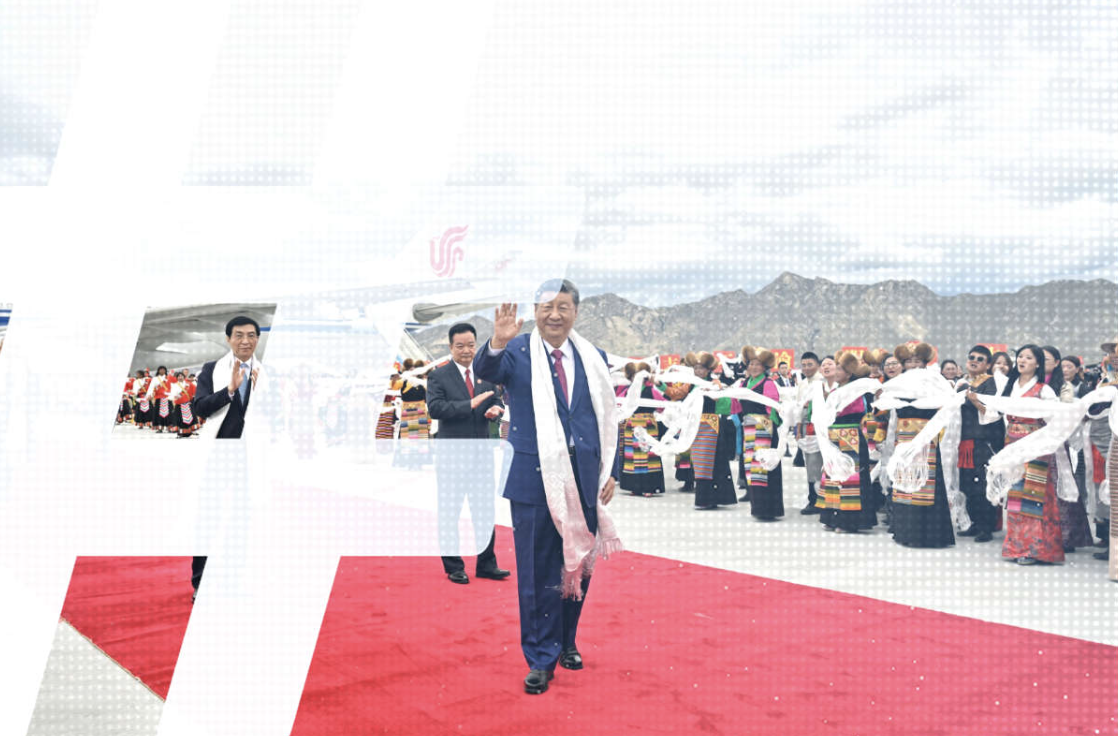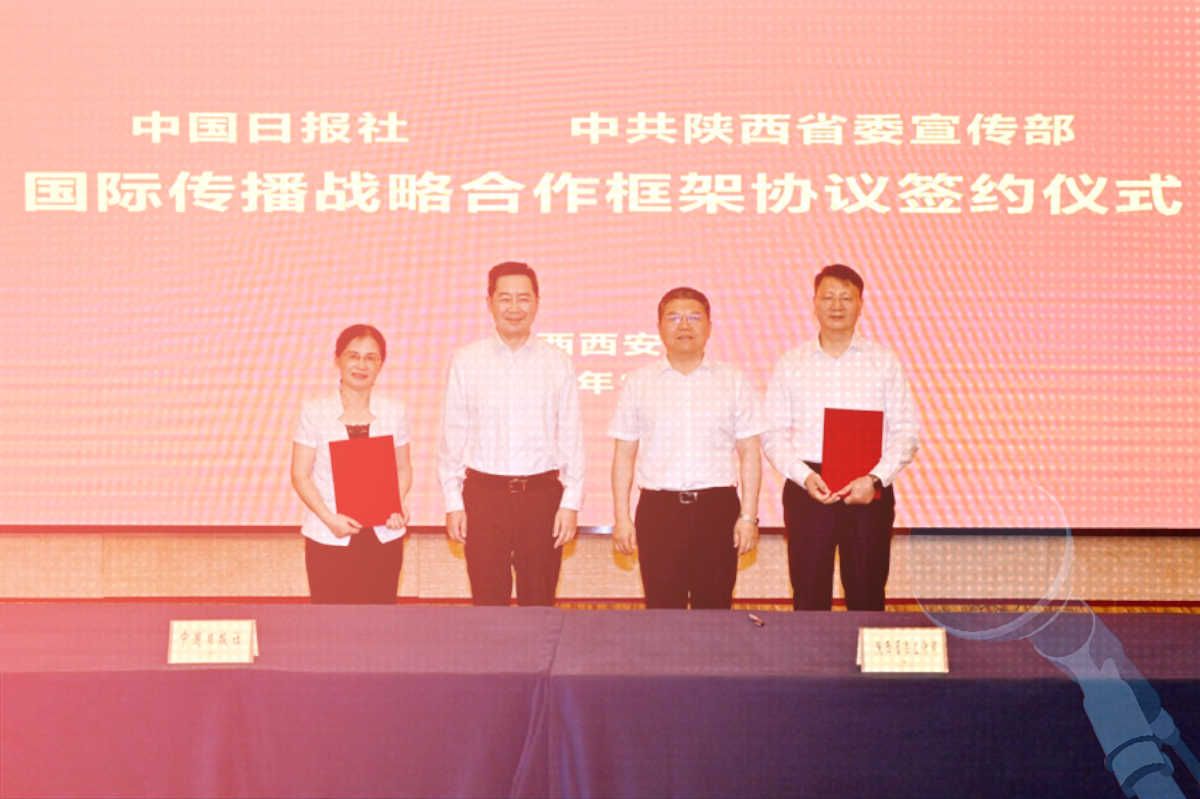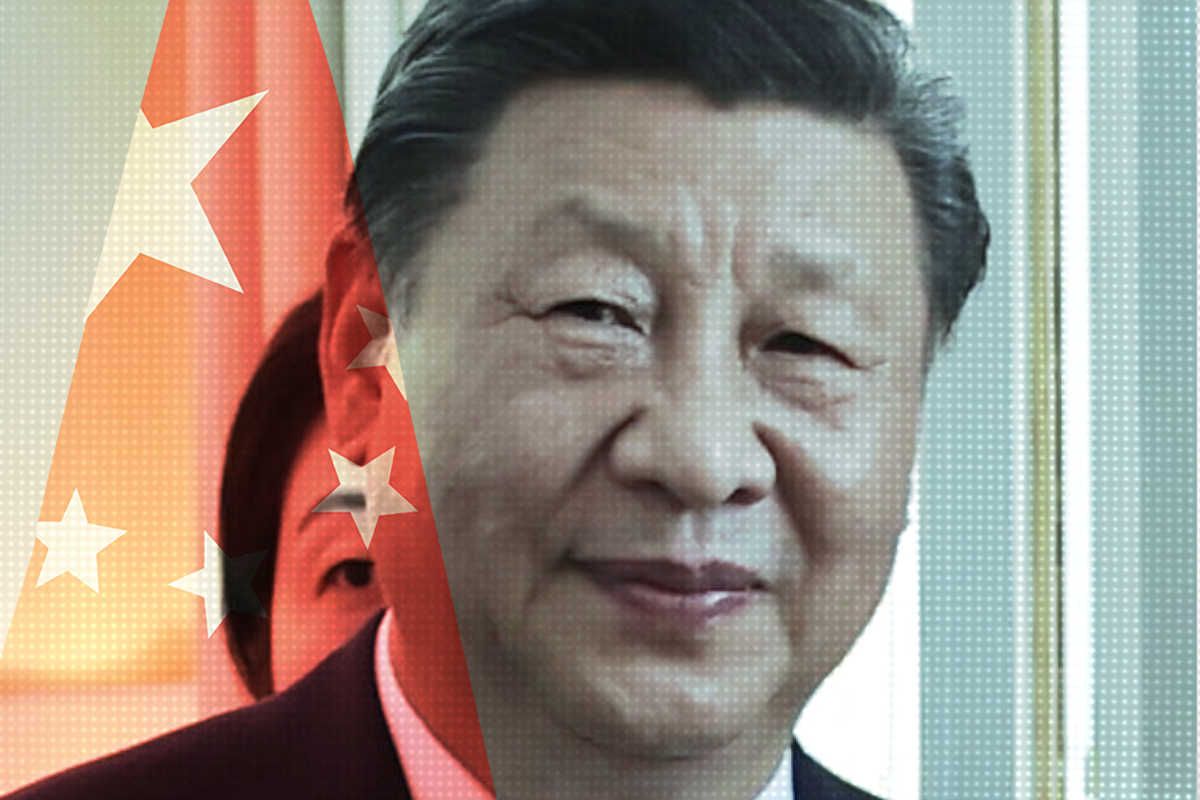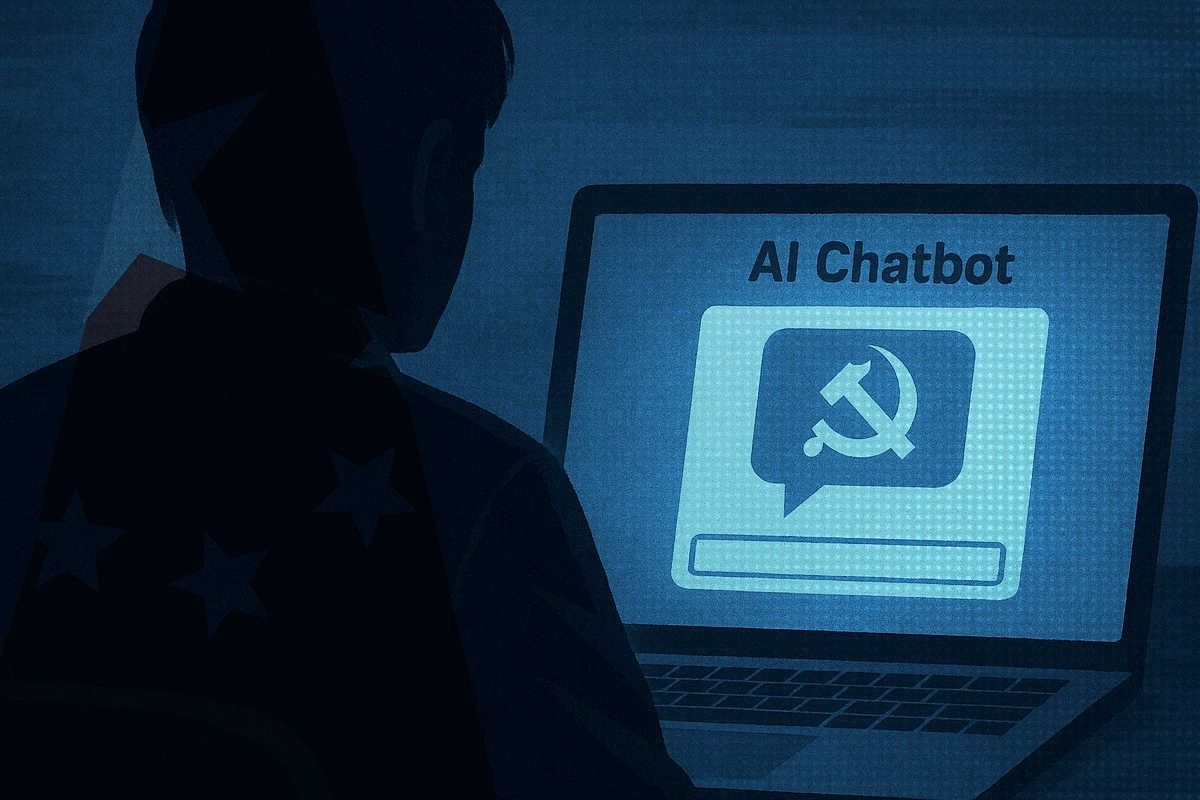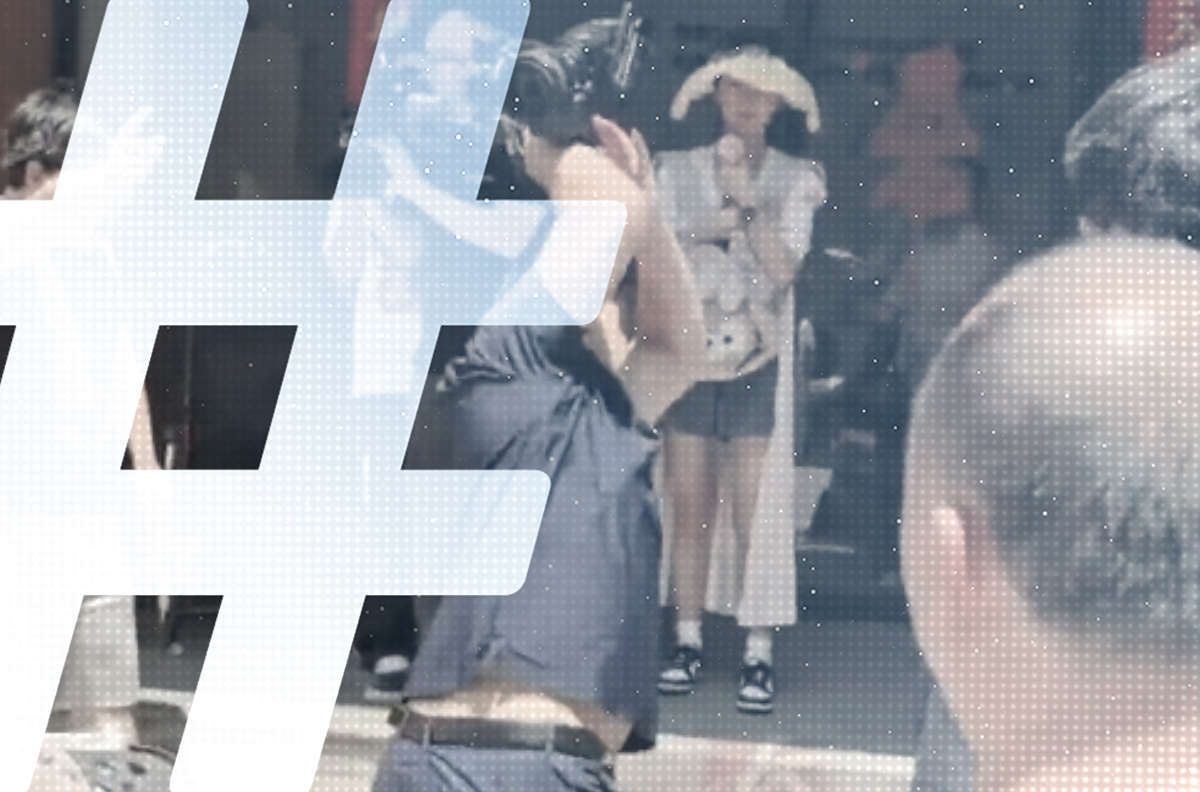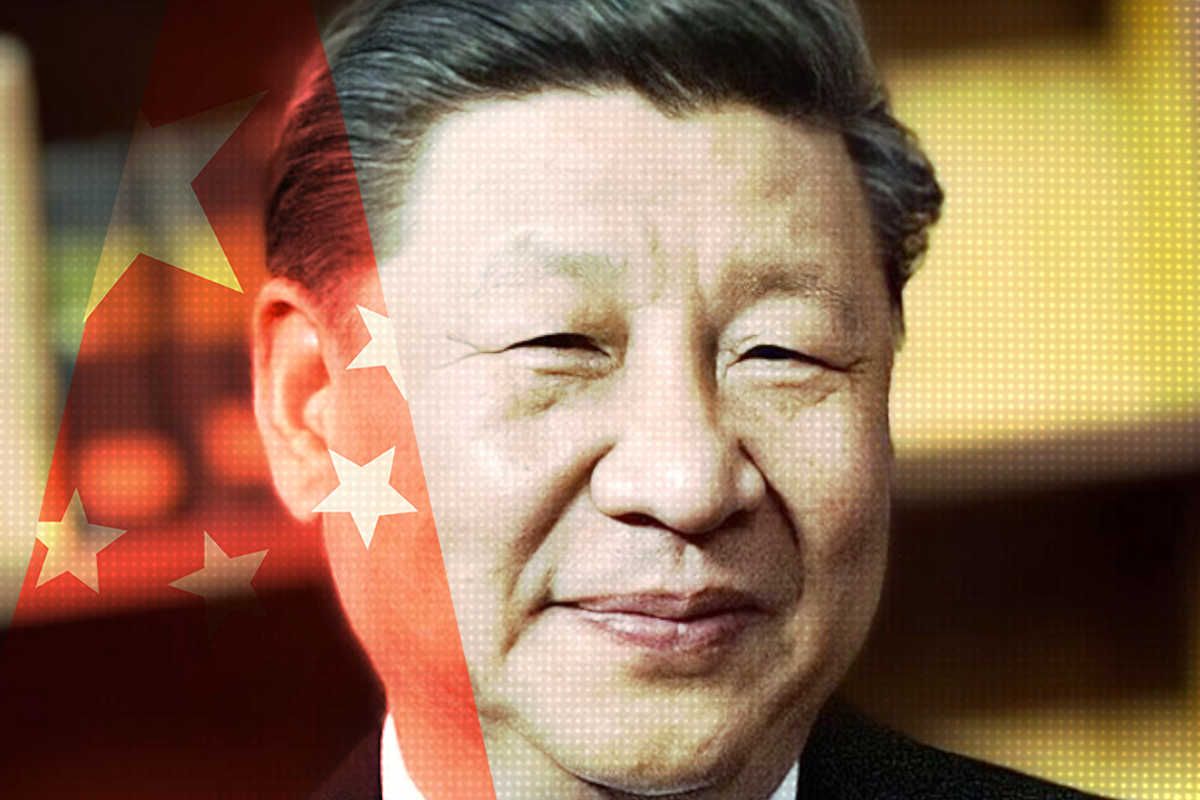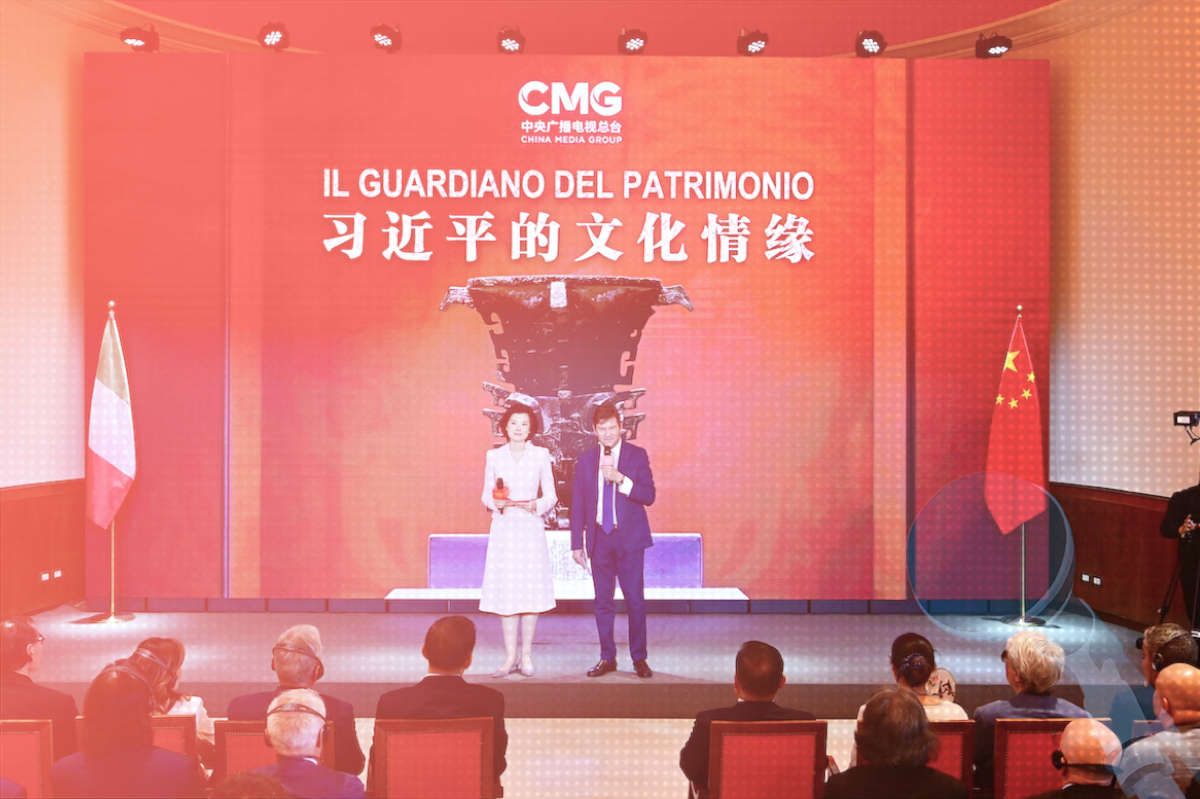Headlines and Hashtags
Tougher Days Loom for "Self-Media"
Our roundup of top media stories this week is dominated by the Cyberspace Administration of China (CAC), which is having a busy time as it pushes a broad cleanup of social media publishing platforms, or “self-media” (自媒体). New regulations released by the agency on Thursday ordered internet information services of “a public opinion nature” (舆论属性) or “having the capacity for social mobilization” (社会动员能力) to implement a “voluntary” system of security evaluations designed to ensure that self-media — and even the unforeseen information products of the future — are under strict control.
These new regulations could, in fact, have a deep impact on the vibrance of the self-publishing environment, and provision of services, on platforms like WeChat. See the relevant comments below from media expert Wang Sixin.
Also this week, Hu Shuli, the founder and publisher of Caixin, offered a peek at how her media group has been performing since it introduced a paid subscription model back in October 2017.
___________________
THIS WEEK IN CHINA’S MEDIA
November 11-16, 2018
➢ Letters of contrition from former cyber chief Lu Wei put on display at National Museum of China
➢ Cyberspace Administration of China (CAC) brings self-media platforms (自媒体平台) in for discussions ahead of cleanup campaign
➢ Hu Shuli reveals the state of Caixin’s subscription model since introduction last year
➢ Cyberspace Administration of China (CAC) introduces new regulation calling for security evaluations for internet information service providers
[1] Letters of contrition from former cyber chief Lu Wei put on display at National Museum of China

As a new exhibit called “Major Transformation: Celebrating 40 Years of Reform and Opening,” opened its doors at the National Museum of China, visitors found that the exhibit contained “letters of remorse,” or chanhuishu (忏悔书), from Lu Wei (鲁炜) the former deputy minister of the Central Propaganda Department who for several years serviced as head of the Cyberspace Administration of China and was the country’s most visible face of internet control. Lu Wei was detained in an internal corruption probe back in November 2017, and plead guilty to charges of bribery in his trial last month. A formal verdict and sentencing are expected soon.
In one of the handwritten letters on display at the museum, Lu Wei wrote: “I was in severe violation of six major points of discipline . . . . and my errors were many, deep and disgusting, doing major harm to the work of the Party and blackening the Party’s reputation.”
A portion of Lu Wei’s letter mentioning his wife and his personal life drew particular attention online in China, some readers remarking that it had all the hallmarks of the marching of criminals through the streets (游街示众). Lu Wei wrote: “My conduct resulted in great harm to her, and we often argued about this. She entirely lost faith in me, and once said to me with grief and indignation: ‘I can’t control you, but before long the Chinese Communist Party will control you.’ How true her words have become!”
Key Sources:
Beijing Youth Daily (北京青年报): 超3万人昨参观“伟大的变革——庆祝改革开放40周年大型展览” 反腐成果引观众点赞 鲁炜等多名落马高官忏悔书曝光
Central Discipline Inspection Commission (中央纪委国家监委网站): 【镜头——庆祝改革开放40周年大型展览】全面推进党的建设新的伟大工程
Xinhua News Agency (新华社): 习近平参观庆祝改革开放40周年大型展览
AND: 庆祝改革开放40周年大型展览开幕 王沪宁出席开幕式并讲话
[2] Cyberspace Administration of China (CAC) brings self-media platforms (自媒体平台) in for discussions ahead of cleanup campaign
Since October 20, the Cyberspace Administration of China has carried out a wide-ranging campaign to assert greater control over so-called “self-media,” or zimeiti (自媒体), a term that refers to accounts on social media that are used for publishing activities. Since the start of the campaign, the CAC has reportedly taken punitive measures against around 9,800 accounts.
According to the CAC, most of these accounts are hosted on the WeChat (微信) and Weibo (微博) platforms, and also include accounts on Jinri Toutiao (今日头条), Baidu (百度), Sohu (搜狐), Phoenix Online (凤凰) and other platforms. Some, said the agency, have distributed “harmful political information” (政治有害信息), have “maliciously falsified Party or national history” (恶意篡改党史国史), have “defamed heroic figures” (诋毁英雄人物), or have “tarred the national image” (抹黑国家形象). Others have spread rumours, trafficked in sensational headlines, included indecent content or committed other “challenges against the moral bottom line.”
As is typical for such actions, the CAC portrayed the campaign as a response to “a fierce response from society” (社会反映强烈).
The CAC announced on November 12 that it would be calling meetings with major platforms, including those mentioned above, and holding them responsible for content violations. The agency said it would push platforms to work in concert to improve a “blacklisting” system (黑名单制度), so that accounts shut down on one platform could not simply reemerge on another platform, or under another account.
Key Sources:
Cyberspace Administration of China (中国网信网): 国家网信办“亮剑”自媒体乱象 依法严管将成为常态
AND: 国家网信办约谈客户端自媒体平台 主体责任不容缺失
CCTV Online (中央电视台): 《焦点访谈》 20181110 自媒体 要自律不要自戕
[3] Hu Shuli reveals the state of Caixin’s subscription model since introduction last year
Hu Shuli (胡舒立), the founder and publisher of Caixin, one of China’s leading financial and current affairs magazines, accepted an interview on November 16 in which she revealed the current state of her group’s subscription model.
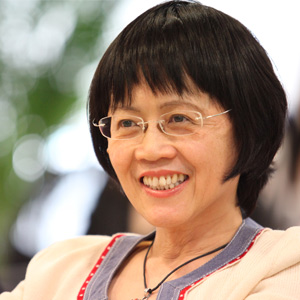
According to the figures Hu provided, the Caixin Pay (财新通) service currently has 200,000 individual subscribers, and Caixin Online logs approximately 100 million page views (PV) per month and 50 million unique visitors (UV). Hu said that readership had risen steadily and was generally higher than that for competitors in the industry.
For Caixin, Hu Shuli said, the switch to a paid subscription model just over a year ago, in October 2017, had been with the hope of finding a sustainable model for survival as a news media “whose core value was on-the-scene reporting.” Hu said she hoped Caixin’s success with the model so far might encourage other media to follow suit, and might also help to change China’s culture of rampant copyright violation.
In an interview with the Associated Press in January this year, Hu Shuli declined to discuss subscription or revenue numbers.
Key Sources:
SCTN (证券时报网): 胡舒立:”财新通”个人付费用户超20万 将推多种方式降低阅读门槛
Tencent (腾讯网): 财新传媒从办会到付费阅读:为什么,想什么,做什么
[4] Cyberspace Administration of China (CAC) introduces new regulation calling for security evaluations for internet information service providers
In new regulations released on November 15, the Cyberspace Administration of China (CAC) required that all providers of internet services of “a public opinion nature” (舆论属性) or “having the capacity for social mobilization” (社会动员能力) “must voluntarily conduct security evaluations” (安全评估). The regulations are designed to create formal mechanisms by which the government can ensure that any and all internet services with the potential to impact the news cycle, set the public agenda or support collective action have systems in place — subject to regular government oversight and participation, and properly supported in terms of personnel and technology — to prevent “security risks.”
For an initial reading and partial translation of the regulations, see our earlier post.
On November 16, the day after the regulations were announced, WeChat announced that it would lower restrictions on personal registration of public accounts from 2 accounts to 1, meaning only a single account would be allowed per verified individual. For companies, the restriction would be lowered from 5 public accounts to 2.
Wang Sixin (王四新), a professor at Communication University of China and director of the Internet Intellectual Property Research Center (网络法与知识产权研究中心), said that the change in restrictions on public account registration at WeChat had to do directly with the release of the new regulations by the CAC. “WeChat has both public opinion nature and social mobilization capacity, and the release of . . . . the new regulation means that WeChat and other internet information service providers that have both public opinion nature and social mobilization capacity will face much greater operational risk,” said Wang. By limiting the number of public accounts that can be registered by users, both individual and corporate, said Wang, WeChat can reduce the pressure stemming for the security evaluation requirements.
Wang Sixin said the new regulations would have an impact not just on platforms like WeChat and Weibo, and on forums and video sites, but would also have an impact on ride-hailing apps like Didi (滴滴约车) and many other services, from education to healthcare.
Key Sources:
Cyberspace Administration of China (中国网信网): 具有舆论属性或社会动员能力的互联网信息服务安全评估规定
WeChat public account “Media Tea Time” (传媒茶话会): 个人只能注册1个公号,这与国家网信办新规有啥关系?


